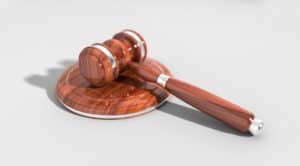
What are Primary Testamentary Estate Planning Documents?
When someone dies, one of the first questions the attorney will ask is what primary estate planning instrument the decedent had in place.

When someone dies, one of the first questions the attorney will ask is what primary estate planning instrument the decedent had in place.

In my experience, estate planning is one of the areas of personal finance with the most widespread confusion. Unfortunately, this can lead to costly mistakes in time, money and stress on people’s families.

Even though the death of a loved one comes with unbearable grief, there are important tasks you must carry out as soon as you’re able.

Take the squabbling between siblings you’ve had to endure and referee as a parent. Now multiply it times age and money. That might give you some idea of the need to make your final wishes clear when the time comes to divvy up your assets.

History is filled with examples of celebrities who died without a will: Bob Marley, Prince, Howard Hughes, Pablo Picasso, Jimi Hendrix and even Abraham Lincoln.

It’s perfectly normal for aging parents who are currently completing their will along with their lawyer’s guidance, to leave the family home to their children.

When someone passes away, it’s up to their executor to handle the probate process. However, what happens if the executor of a will dies?

One of the most important parts of estate planning is making a will. When you make yours, there are a couple of different ways you can choose to divide your assets among your heirs.

If the estate is large and complicated, the assistance of an accountant may be needed. The deceased’s estate lawyer may also need to be involved.

A formal probate process involves specific, usually straightforward steps. Issues that may arise during the process can lengthen the time it lasts until it is closed by the court.